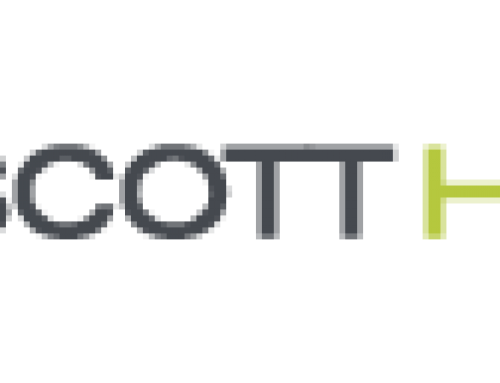It’s a little geeky, but I tried this on my Lyft ride from the airport to downtown Seattle. It was an experiment based on something I learned while studying the marvels of the brain. I tried to read every sign along the way while also attempting to take in the amazing scenery of the area. I’ve been to Seattle many, many times since I went to school in the area in the 80’s, but you know how life is; mostly a blur of everything, which then becomes nothing, at the same time. So, I did my little experiment on my ride and quickly became overwhelmed by everything, which then turned into seeing nothing really at all. Although a great metaphor for so many things in life, the science tells us that how we pay attention to the world is serious business and could affect our sense of well-being, our success, even our health.
We are up against a lot in today’s world in terms of what gets our attention. There are things that demand our attention, and so we pay it (called bottom-up focus). But there is so much demand that we exhaust our attentional energy before we get to choose what to focus on (called top-down focus).
I’ve written about focus and attention before, but it’s evident that the ability to focus is the game-changer and warrants, well, a little more attention. As science writer Winifred Gallagher aptly states in her book Rapt Attention and the Focused Life, “Who you are, what you think, feel, and do, what you love – is the sum of what you focus on.”
The nutshell of the science says this: our brain will attend to what we tell it to attend to and do it exceptionally well – helping us to see more of what we’re looking for; allowing us to perceive the granular aspects of what we are paying attention to. But, if we tell it to attend to nothing, our brain will attempt to attend to everything and do none of it particularly well. Our life becomes the Lyft ride from the Seattle airport. It is unfortunate that this is the default for many.
Here are some key findings about attention/focus:
1. Focusing our attention is extraordinarily difficult to do for long periods of time.
2. We need breaks from intense focus. The latest research suggests our brain is at its finest when we mentally “sprint” for about 50 minutes with a 10-minute break to re-hydrate and shift our attention to something that isn’t cognitively taxing (a game, a light conversation with a colleague, a walk outside, sitting and mentally wandering)
3. You get what you focus on. This is a critical point during difficult times in our life. One of my colleagues announced on Facebook today that he has cancer, and not the “good kind”. But then he went on to say that he isn’t dropping out of things, just that he will focus on being healthy in the coming months. He then mentioned some tips to positively deal with difficult news like this. His attention is pointed at getting healthy and helping others in similar dire situations. His will be a very different journey from someone who is focused on the scariness of the disease. It won’t guarantee that he will beat the disease (let’s hope he does), but focusing on positive things is proven to be a very good medical indicator of disease prognosis as well as chemotherapy tolerance. Also, his choice in how he approaches this journey impacts everyone who knows and loves him. We all benefit.
4. You can tell what a person pays attention to by the results they get in their life. My business partner’s son, Joseph, is one of the most focused and attentive young men I know. At the ripe age of 25 he is the CFO of a hedge fund. It’s not because he’s really, really smart (he is). It’s because he is and has been extraordinarily focused all of his life. He goes at anything he does with the jaws of a moray eel. When he decides he wants something, he bites down and swallows the subject matter in its entirety. He gets what he wants in life, not because he is lucky or gifted or smart or handsome. He gets it because he makes the very simple decision to focus on what he wants. At 25, Joseph is more successful than many 50 year olds I know. His results portend his focus.
5. It is biologically impossible for the brain to learn and retain information to which it has paid no attention. Although your body may be present in a meeting or in a class, if your brain isn’t attending to what is happening, you might as well go take a nap. It will be more beneficial and you won’t be lying to yourself or anyone else about what you’re really doing.
6. The majority of the interruptions to our focus are generated by ourselves. While we can easily enumerate workplace distractions, they in no way outpace the estimated 70,000 thoughts we have every day. Squirrel.
7. Top-down focus isn’t for the faint-of-heart. It takes practice and discipline and a tiny bit of trickery.
8. My next blog will pertain to point 7.


Leave A Comment